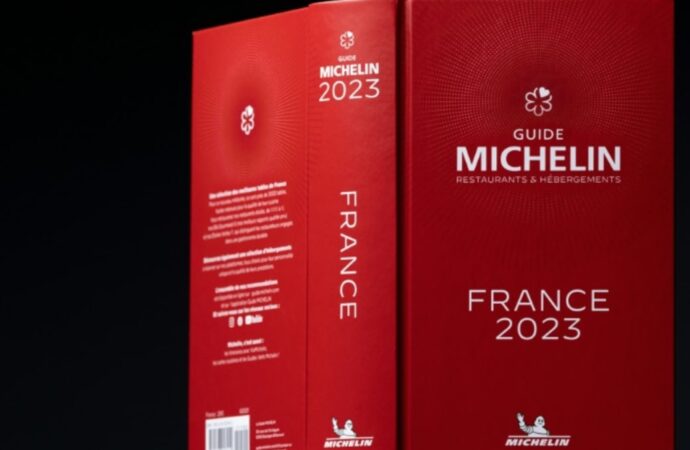The Michelin Guide’s expansion into rating hotels reflects the growing need for a trusted reference in the face of overwhelming online options.
The Michelin Guide’s decision to rate hotels alongside restaurants presents an opportunity to highlight sustainable and eco-friendly accommodations.
In the ever-expanding digital age, travelers are often overwhelmed by the abundance of online hotel suggestions when planning their trips. The Michelin Guide, known for its prestigious restaurant ratings, aims to address this issue by providing a “trusted reference” for hotel recommendations. With the original guide created in 1900 to enlighten travelers during a time of information scarcity, the Michelin Guide now seeks to help modern travelers navigate through the mass of information they face today.
Gwendal Poullennec, the director of the Michelin Guide, acknowledges that travelers spend an average of 10 hours in front of screens and consult more than 10 platforms in their trip preparation. This overload of information has become an obstacle course for travelers, hindering their ability to make informed decisions. By extending their expertise to hotels, the Michelin Guide aims to simplify the process and provide travelers with a reliable resource.
The Michelin Guide’s expansion into the hotel industry began in 2018 when it acquired Tablet Hotels, a US-based site specializing in boutique hotel stays worldwide. Since then, the teams from both Michelin and Tablet Hotels have been collaborating to create an initial selection of 5,300 hotels across 120 countries. The best hotels will be awarded keys based on various criteria, including architecture, individuality, service, comfort, and price. Similar to the restaurant ratings, these assessments will be conducted by anonymous inspectors.
While the Michelin Guide primarily generates revenue through referrals from its website, it plans to introduce a commission system for hotels making reservations through its platform. Hotels will pay a 10 to 15 percent commission to Michelin, ensuring that the editorial and sales teams operate independently.
From an environmental perspective, the Michelin Guide’s foray into hotel ratings presents an opportunity to highlight sustainable and eco-friendly accommodations. As the world becomes more conscious of the importance of sustainable travel, the guide can play a significant role in promoting environmentally responsible choices. By including criteria such as sustainability practices, energy efficiency, and eco-friendly initiatives, the Michelin Guide can guide travelers towards establishments that prioritize the environment.
In conclusion, the Michelin Guide’s decision to rate hotels in the same way as restaurants reflects the need for a trusted reference in the overwhelming landscape of online options. By expanding their expertise to hotels, the guide aims to simplify the trip-planning process and provide travelers with reliable recommendations. Additionally, this expansion presents an opportunity to promote sustainable and eco-friendly accommodations, aligning with the growing demand for environmentally responsible travel choices.









